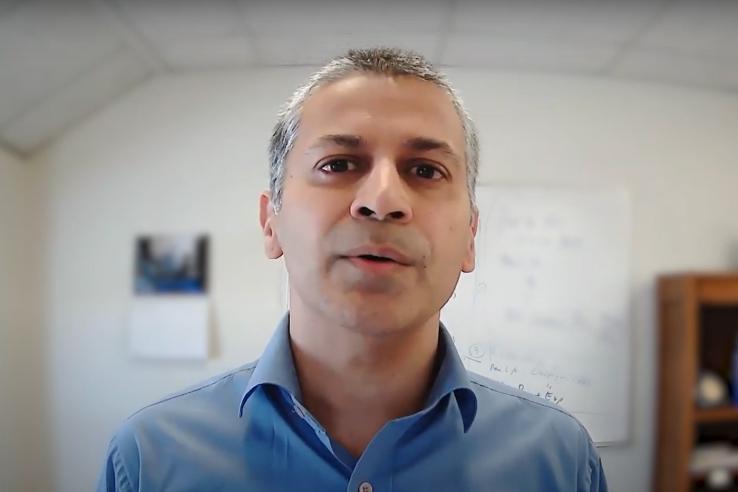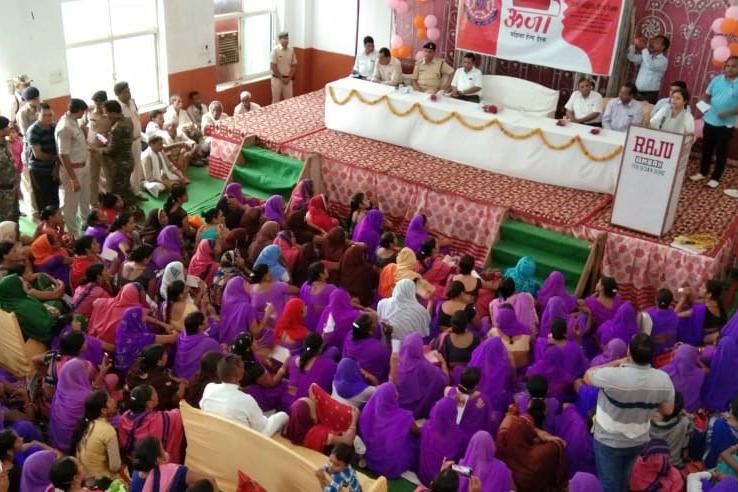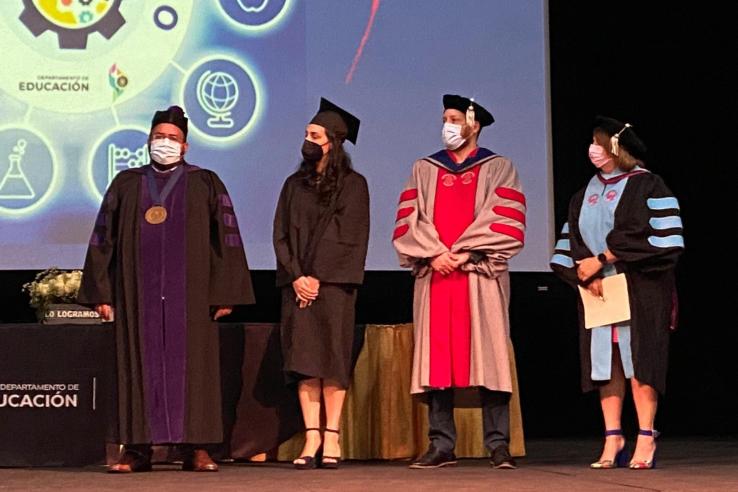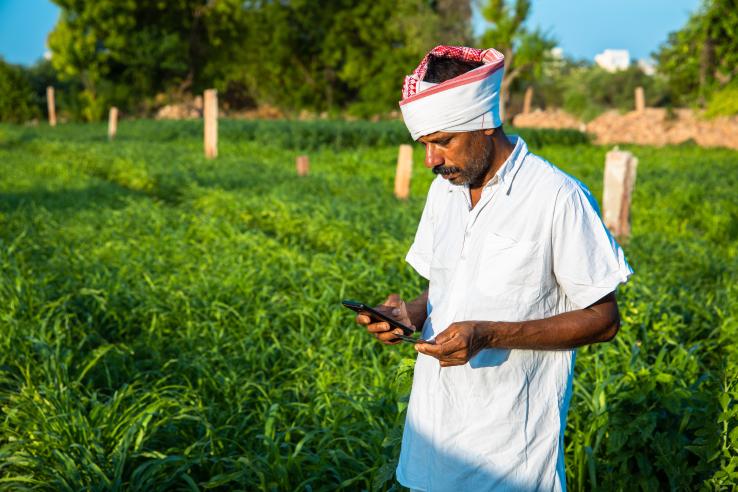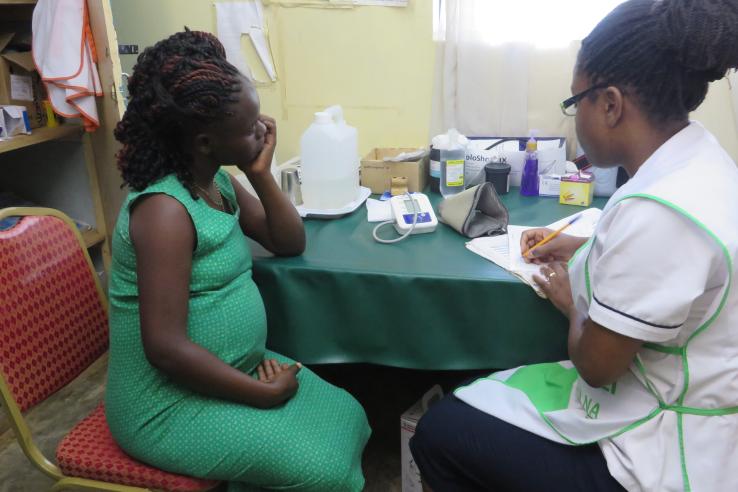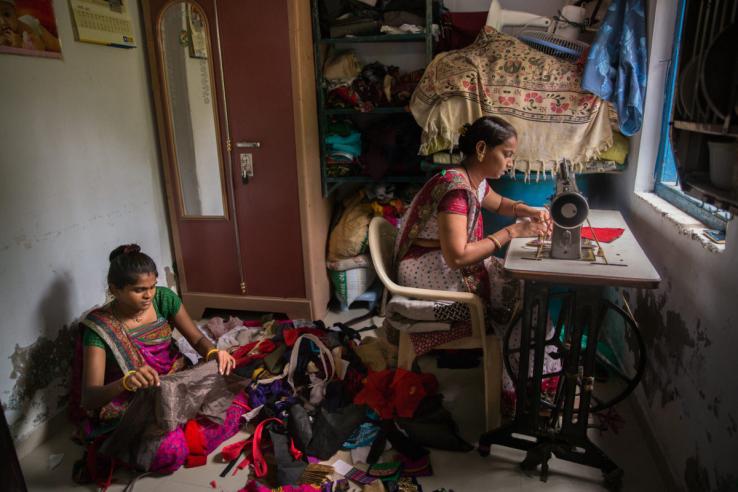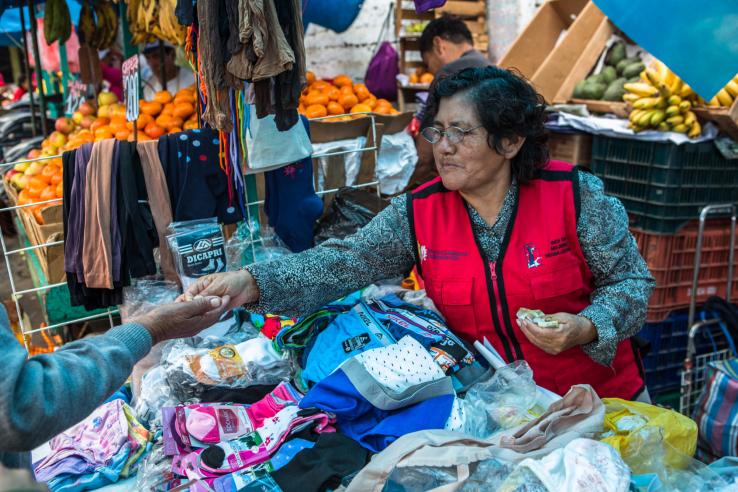Displaying 2266 - 2280 of 8473
Blog
Researchers in the J-PAL network have conducted over 80 ongoing or completed randomized evaluations of social programs and policies across 20 European countries, with a particular focus on education and labor markets. J-PAL Europe has launched a summary of insights generated from this research.
Blog
J-PAL affiliate Sandip Sukhtankar shares learnings, policy insights, and scaling plans related to a large-scale evaluation of gender-sensitive police reforms in Madhya Pradesh, India, published in July 2022 in Science.
Blog
This post is the first in a two-part series to highlight both why and how to use the J-PAL Dataverse. The goal of this first post is to provide a user-friendly guide to access our data, and a starter menu of use cases of data from randomized control trials (RCTs) for students, researchers, teachers...
Blog
Sandip Sukhtankar is an associate professor of economics at the University of Virginia. He serves on the board of J-PAL’s Digital Identification and Finance Initiative in Africa (DigiFI Africa) and co-directs the Payments and Governance Research Program (PGRP) hosted at J-PAL South Asia. Sandip’s...
Blog
The research team behind a rigorous, long-term evaluation of a STEM program for high schoolers discusses their new working paper & key findings, including a significant increase in graduation rates for program participants.
Blog
J-PAL North America staff and researchers recently attended a graduation ceremony for school principals who participated in EDUGESPRO, a professional development program born out of a research partnership with the Puerto Rico Department of Education.
Blog
As the reach of digital agricultural services has grown rapidly within the last few years, building an evidence base on how these services should be designed, implemented, and scaled to best align with the priorities of small-scale producers is an important and timely issue—and one that J-PAL's...
Event
Este Diplomado tiene por objetivo dotar de los conocimientos necesarios para diseñar, implementar y ser contraparte de evaluaciones de impacto de programas sociales y políticas públicas. Al finalizar el diplomado, los y las estudiantes serán capaces de utilizar una metodología rigurosa cuya...
Policy insight
Pay-for-performance incentive programs for health care workers reward providers based on measurable performance indicators. Providing performance-based pay in addition to base pay can help to improve health provider performance on well-chosen targeted indicators relative to providing only base pay.
Update
J-PAL Updates
In the July newsletter, we discuss how to use J-PAL's Dataverse, the lessons that can be learned from a math achievement program in Puerto Rico, and feature an affiliate spotlight of Sandip Sukhtankar.
Policy insight
Sending tax reminder messages to taxpayers is a cost-effective strategy to increase short-term tax compliance. Governments looking to improve tax compliance should invest in sending simple deterrence-framed messages to taxpayers.
Policy insight
Interventions that strengthen the delivery of vaccines and those that increase demand for vaccination are imperative to increasing child immunization coverage. Improved delivery can be achieved by ensuring vaccines are reliably and locally available and strengthening health worker performance, while...
Blog
Worldwide, nearly 7 percent of employed people live below the extreme poverty line (US$1.90 purchasing power parity per day). In low- and middle-income countries (LMICs), about 147 million people were underemployed based on the number of hours they worked in 2019. Skills and vocational training...
Policy insight
An estimated one in every three women worldwide has suffered physical or sexual violence by an intimate partner in her lifetime. Achieving gender equality and eliminating violence against women are major global development goals. One popular strategy to reduce IPV is to increase women’s access to...
Blog
In the final post of our four-part series on the collaborations that shape the Economics Transformation Project, J-PAL staff summarize the design of several mentorship programs in economics and discuss next steps for ETP.

